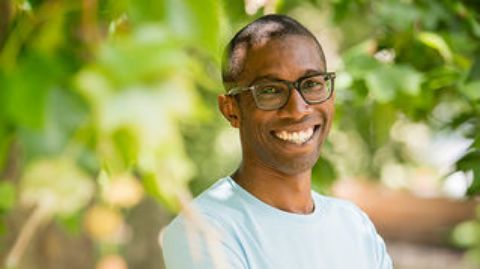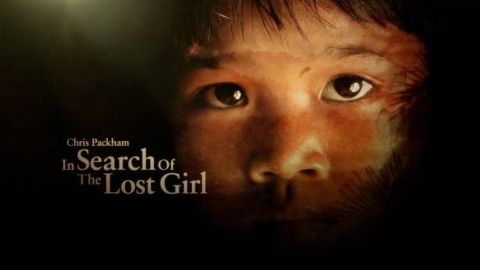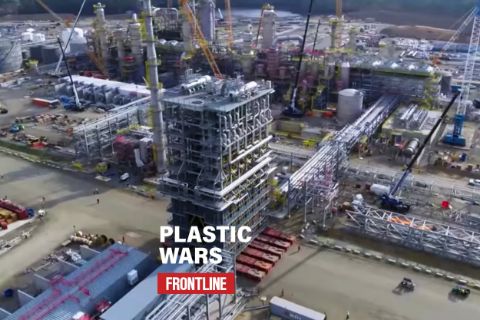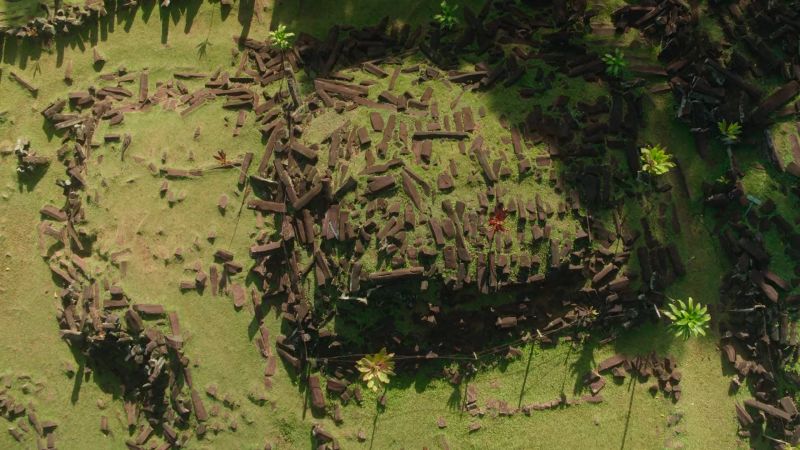Water World • 2020 • episode "S1E2" • BBC Royal Institution Christmas Lectures - Planet Earth: A User's Guide
Dr Helen Czerski reveals how shifting ocean water distributes heat and nutrients around the Earth. This process is linked to almost every aspect of human existence, and the lecture explores how dependent we are on the ocean for weather, food supply and connection between land masses - as well as exploring what needs to be done by humans to maintain this vital element of the Earth's ecosystem.
Make a donation
Buy a brother a hot coffee? Or a cold beer?
Hope you're finding these documentaries fascinating and eye-opening. It's just me, working hard behind the scenes to bring you this enriching content.
Running and maintaining a website like this takes time and resources. That's why I'm reaching out to you. If you appreciate what I do and would like to support my efforts, would you consider "buying me a coffee"?
Donation addresses
BTC: bc1q8ldskxh4x9qnddhcrgcun8rtvddeldm2a07r2v
ETH: 0x5CCAAA1afc5c5D814129d99277dDb5A979672116
With your donation through , you can show your appreciation and help me keep this project going. Every contribution, no matter how small, makes a significant impact. It goes directly towards covering server costs.








